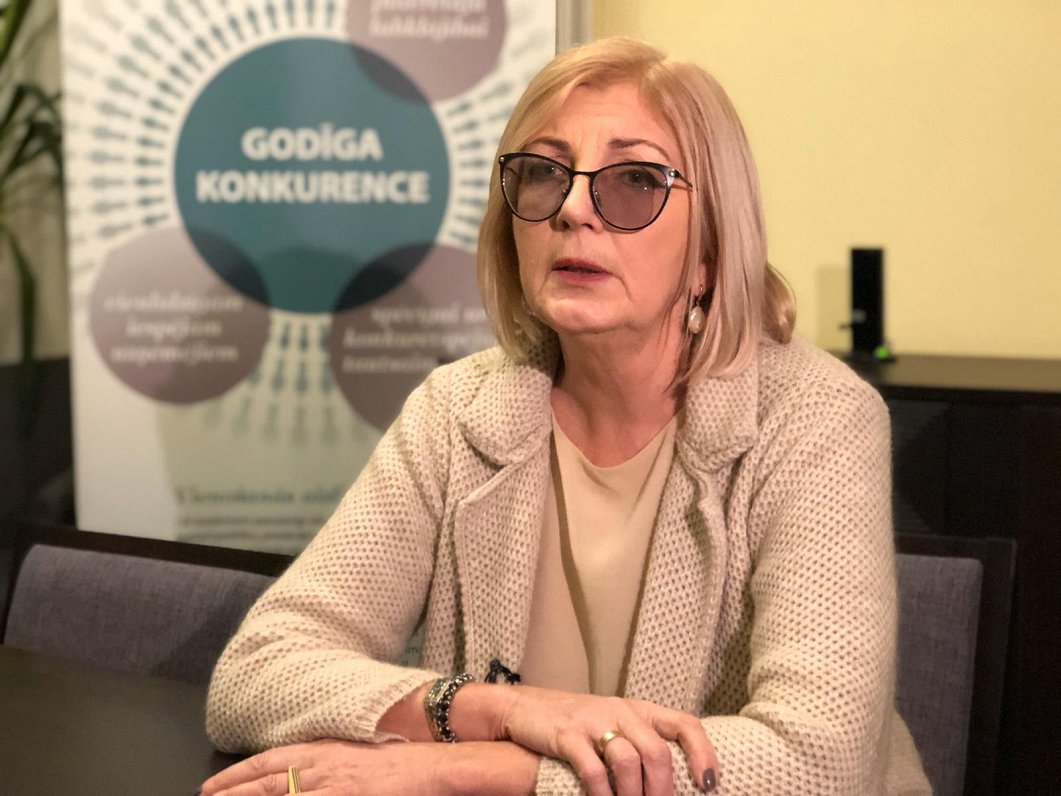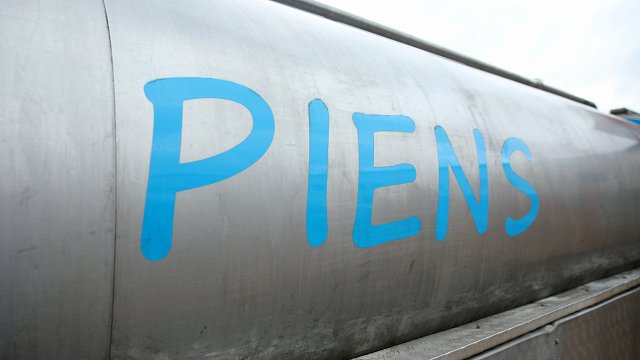"We push important things somewhere to the highest shelves and solve very unimportant issues. In these eight years in this role I've seen how slowly laws develop and how many baseless objections are considered. It also slows industry development,” said Ābrama.
However the director did add that in this case she isn't talking about the Covid-19 novel coronavirus pandemic measures. Ābrama pointed to industries such as pharmaceuticals and car insurance that have barriers to fair competition, yet industry watchdogs can't seem to understand where the problem lies.
Ābrama is leaving the Competition Council with many important open issues that she hopes will be continually addressed. She also highlighted the so-called “construction cartel” scheme. “We can see that there are still a lot of potential violations, we're just not reaching out our hands to begin, because we don't have the people to do it,” said Ābrama.
The council continues to evaluate the finance and transportation industries, but Ābrama warns that they should focus their efforts on resolving the big violations, not “shooting a cannon at sparrows”. The greatest violations are in the field of public procurements, where the council has found illegal agreements. State-owned companies also have their fair share of operational issues.
“Client, consumer benefit and fair competition aren't looked at in conjunction with each other,” said Ābrama.
On a positive note, the director did say that “competition culture” has increased in Latvia over the last few years, thanks to not only the Competition Council, but also many other government institutions. She considers her legacy to be both the extension of competition law to the rulings and operations of public persons, as well as the international recognition the institution has received.
Ābrama has worked at the Competition Council for 16 years, half of which were as director of the institution. Her role will be taken over by the institution's council member Jānis Račko.
“When I became the Head of the Authority, basically, I had two main goals. One of them - to seriously address detection of the most severe infringements of the competition law, especially cartels, solving less significant infringements by other methods, for example, warnings or mediation. And the other goal was to promote the competition culture in various groups of society – from a pupil to a Member of the Parliament, educating and informing them on the principles of fair competition. In addition, my plans involved making every effort to ensure that the Latvian competition authority becomes an equivalent and highly respected cooperation partner also on an international scale. Thanks to dedicated work of my team, I can say that, basically, these goals have been achieved,” Ābrama said in a final statement.
Since 2012 the institution has resolved 50 cases involving serious competition law violations, around half of which were involving cartels. 161 companies have been fined and 126 persons have been warned regarding minor violations. Fines of more than 30 million euros have been applied.
The Competition Council is small, but has proven to be effective, and latest victories include creating a mechanism for price analysis of state-compensated and uncompensated medications in the Baltics, supervision of the waste-management market in Rīga and supervision of the technical vehicle inspection market. For the last one Latvia received the main prize at the Competition Advocacy Competition organized by the World Bank Group and International Competition Network. The council has also placed 37th in the world five years in a row among the best competition institutions, according to the Global Competition review, and and 3rd in the European Economic Zone for the last three years for anti-cartel measures.
The Competition Council's annual report for 2019 was recently published and can be read online: https://ej.uz/TheCompetitionCouncil2019






























